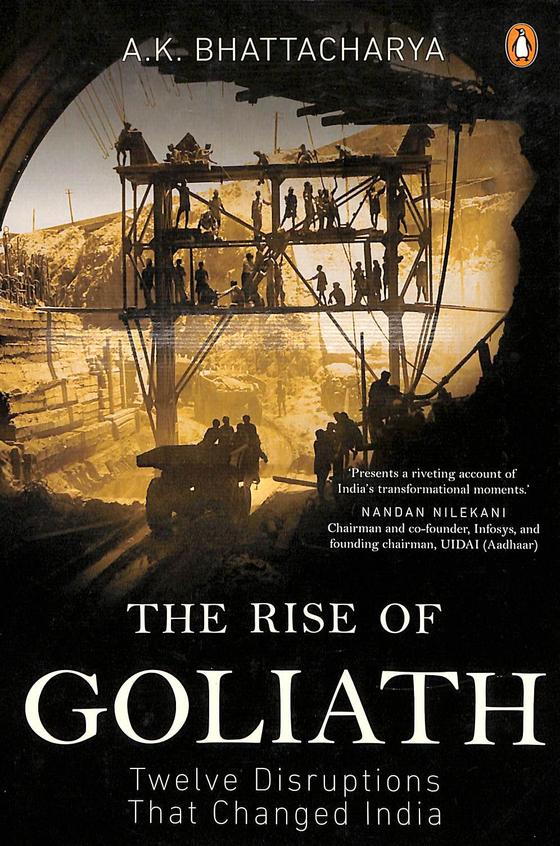

The story begins a few generations removed from the original space colonists, with their grandchildren moving back down to Earth and buying the foreclosed homes from which the Black and brown locals have been evicted. When the funding and necessities have all been pulled away, what is left behind?

The locals left behind after the exodus create communities that help upkeep their homes, gather supplies from depots and ensure that everyone around them is taken care of. Even the homes of Earth dwellers are stripped for their bricks to send to the colonies, decorating wealthy homes with a faux sense of history. In this post-apocalyptic environment, Onyebuchi pays homage to the ingenuity and tenacity of Black and brown communities.

White flight here isn’t defined as redlining, but by the white suburbs literally flying away, emptying out into space and leaving the less fortunate on Earth to contend with the mess. Now, in 2050, the Elon Musks and Jeff Bezoses of the world have already settled space colonies to escape a dying earth, where poisoned air and radiation leaks blow cancer rates to massive numbers. In “Goliath,” the pandemic is something of the past that the protagonist’s parents or grandparents have experienced. There are many viewpoints that can leave you discombobulated, but, like a master weaver at the loom, Onyebuchi slowly reveals the terrifyingly accurate picture he paints of Earth’s future. “Goliath” isn’t an easy novel to get into at first. The dystopian nature of the Earth isn’t because of some extraterrestrial force, but from a terrifying combination of eco-fascism and white supremacy. “Goliath” is an unapologetically authentic Black American epic unlike any that I have read before. Onyebuchi shines light where we often don’t see it in sci-fi. Tochi Onyebuchi’s masterful new near-future dystopia “Goliath” tells the story of an Earth that parallels our own.


 0 kommentar(er)
0 kommentar(er)
